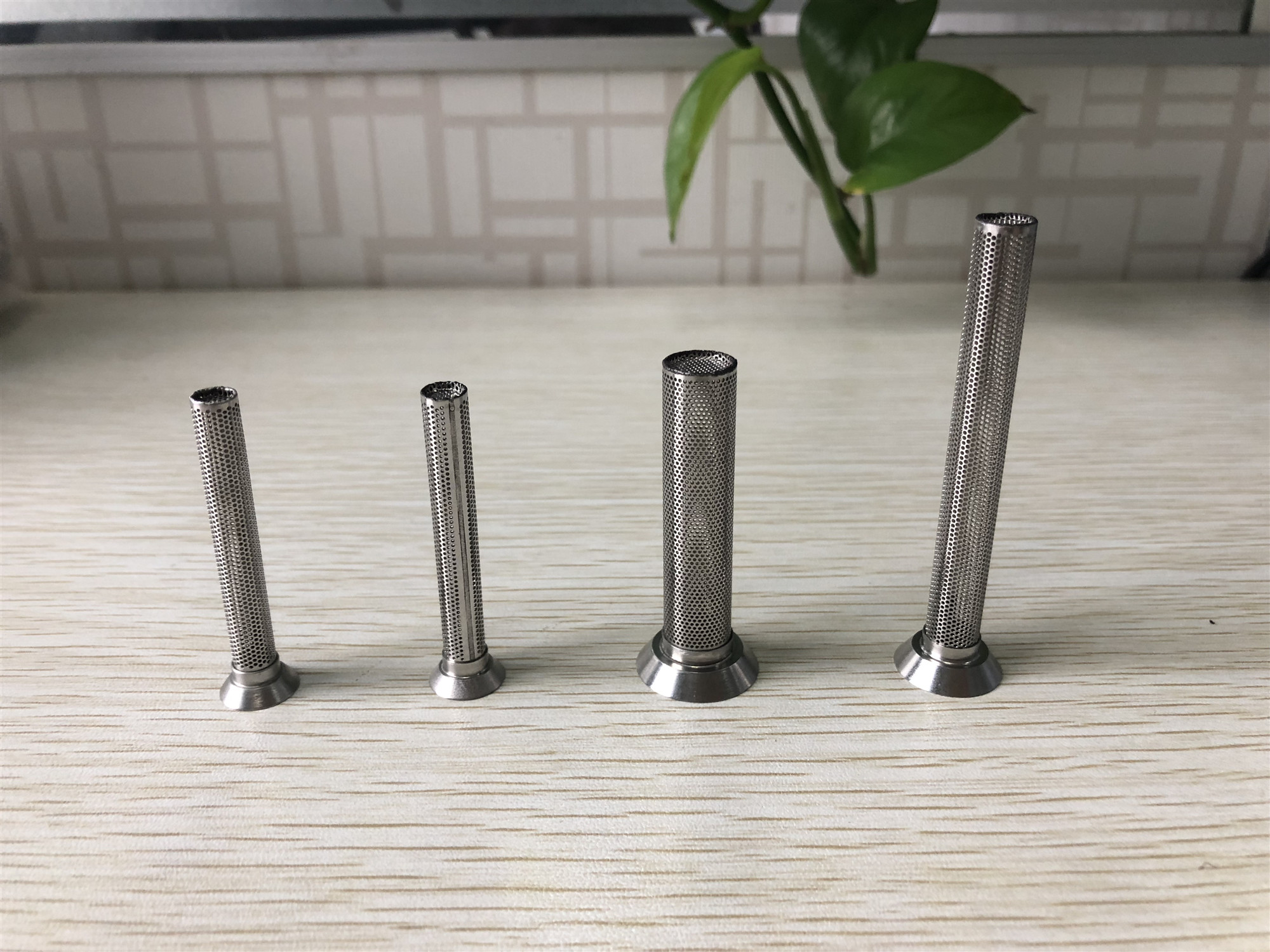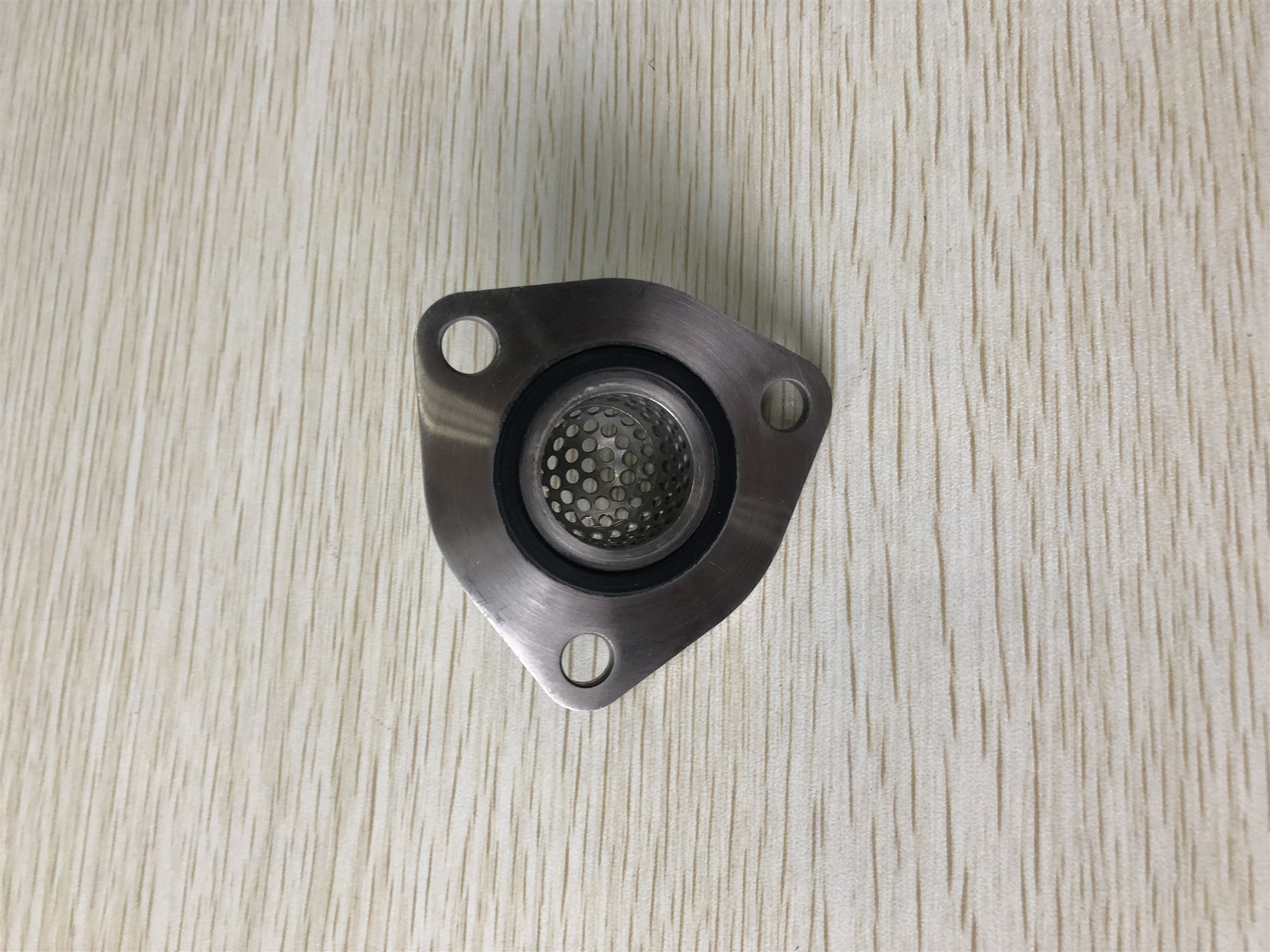RFID technology will play a big role in the future of smart factories, allowing real-time communication of "items" in the manufacturing system.
In Europe, we call Industry 4.0, the network physics system and the "Internet of Things." In the United States, it is an integral part of the Smart Manufacturing Leadership Alliance or industrial network. However, we are all saying the same thing about the fourth industrial revolution and the future of visual manufacturing "smart factories."
RFID technology will play a big role in smart factories in the future
“Smart Factoryâ€, industry experts say that we will see machines, raw materials and products drive production under the cooperation of IoT communication in the next 20 years. In other words, the product will independently find its way forward in the production process. The goal is to be highly flexible, and personalized mass production will bring cost benefits.
In this regard, Fairfield Group General Manager Mark Lynch said: "We have worked with Siemens on the BMW project and recently used RFID technology to serve large-scale manufacturing projects, including customer customization requirements. RFID tags installed in BMW UK Every engine line on the factory. RFID ensures a large-scale production line runs smoothly, without frequent interruptions, while meeting the customization needs of high-end customers for BMW. This is the most classic case of Industry 4.0 we can see. ."
Future smart factories will rely on Internet technologies, such as RFID technology, to enable “goods†such as components and components to be hosted in the cloud through manufacturing systems. Every item or "item" is expected to have its own IP address.
RFID technology and Web technology have been independent developments for the past 70 years. The earliest examples of the use of RFID technology can be traced back to a system developed by the British Secret Project during the Second World War to determine whether a plane in the direction of the aircraft is a friend or enemy. The fourth industrial revolution will see the combination of these two technologies, fully connecting the network and the physical world.
We have all experienced revolutionary shocks. The Internet has hit culture and commerce since the early 1990s, but few people know how to complete RFID development to meet the fourth industrial revolution. In the next two decades, intelligence The emergence of the factory will become an important part.
As evidenced by BMW's example, today's companies need to introduce new products that will innovate without the need for lengthy and expensive production lines. On the other hand, they must be able to adapt to the smallest batch of production without increasing costs to meet the different needs of customers. Mass customization offers a broad product portfolio that does not significantly increase warehousing and logistics costs. In this case, smart factories have begun to use RFID.
â— Used in aeroengine oil system.
â— All stainless steel construction.
â— Low lohm ,High flow capability.
â— high contamination carrying capacity for maximum protection.
â— The size can make to order according to the customer's demand.


Duplex Filter Element,Aluminum Casting Cap,Corrugation Filter Element,Hydraulic Filter Element
XINXIANG PINGYUAN AVIATION HYDRAULIC EQUIPMENTS CO.,LTD , https://www.pyefl.com